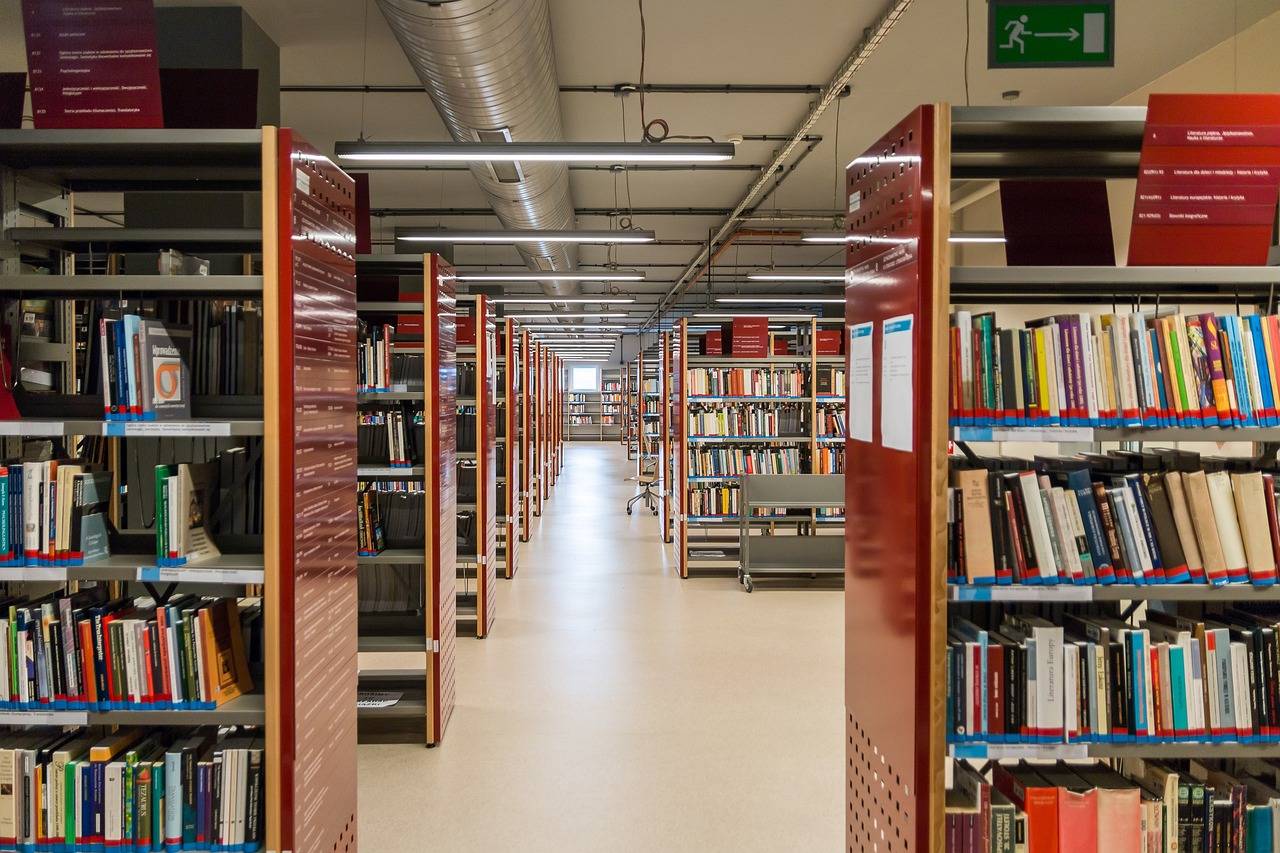Strategies for Promoting Student Agency in Education Decision-Making
Student agency is a crucial element in promoting independent learning among students. Self-efficacy, or the belief in one’s ability to achieve goals, is an essential component of student agency. When students have confidence in their capabilities, they are more likely to take ownership of their learning and persist in the face of challenges.
Another key aspect of student agency is goal setting. Encouraging students to set specific, achievable goals helps them stay focused and motivated. By breaking down larger objectives into smaller tasks, students can track their progress and make continuous improvements. Ultimately, fostering student agency empowers learners to become self-directed and proactive in their academic pursuits.
Creating a Supportive Learning Environment
Creating a supportive learning environment is essential for fostering student success and growth. One key component is establishing clear expectations and boundaries within the classroom. This helps students feel safe and understand what is required of them, promoting a sense of structure and accountability in their learning journey. Additionally, providing opportunities for collaboration and open communication can enhance the overall atmosphere of the learning environment, encouraging students to engage with their peers and express their thoughts and ideas freely.
Moreover, building positive relationships with students can have a significant impact on creating a supportive learning environment. By showing genuine care and interest in each student’s well-being and academic progress, educators can cultivate a sense of trust and belonging that motivates students to actively participate and strive for excellence. Encouraging a growth mindset and celebrating individual successes, no matter how small, can also contribute to a positive and encouraging atmosphere that empowers students to take ownership of their learning and reach their full potential.
What is student agency and why is it important in creating a supportive learning environment?
Student agency refers to the ability of students to make choices and take control of their own learning. It is important in creating a supportive learning environment because it empowers students, promotes engagement, and helps them develop a sense of ownership over their education.
How can teachers promote student agency in the classroom?
Teachers can promote student agency by providing opportunities for students to make choices, set goals, take risks, and reflect on their learning. They can also encourage collaboration, creativity, and independence in their students.
What are some key components of a supportive learning environment?
Some key components of a supportive learning environment include positive relationships between teachers and students, clear expectations and guidelines, a safe and inclusive classroom culture, opportunities for student voice and choice, and a focus on social-emotional learning.
How can teachers create a positive classroom culture that supports student learning?
Teachers can create a positive classroom culture by building strong relationships with students, fostering a sense of belonging and community, promoting respect and empathy, celebrating diversity, and creating a supportive and inclusive learning environment.
Why is it important to consider social-emotional learning in creating a supportive learning environment?
Social-emotional learning is important in creating a supportive learning environment because it helps students develop essential skills such as self-awareness, self-management, social awareness, relationship skills, and responsible decision-making. These skills are crucial for academic success and overall well-being.





